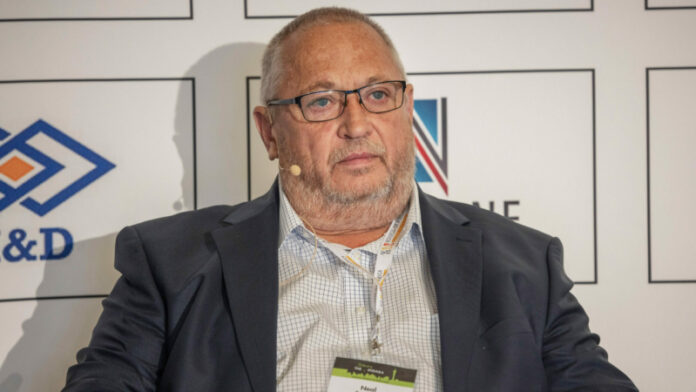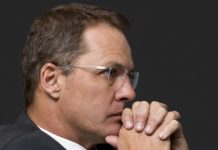
SIBANYE-Stillwater has shelved plans to develop its uranium assets as the role of the fuel in future energy systems would not be as significant as forecast.
“Uranium or nuclear energy will play a role but our assessment is that it’s not as high as originally thought,” said Neal Froneman, CEO of Sibanye-Stillwater. “It is disappointing in a way because we sit on a lot of uranium.”
Froneman was commenting during an interview at the London Indaba conference earlier this week.
Sibanye-Stillwater declared mineral resources of 66.6 million pounds in its 2022 mineral resources and mineral reserves report. These are located at its Cooke shafts which are currently on care and maintenance and at Beatrix, a gold mine in the Free State that was first developed to be a uranium mine.
Froneman’s comments represent a reversal of the group’s earlier strategy which put the emphasis on developing downstream nuclear energy.
Commenting in February, he said: “We have a uranium strategy that involves Beisa and the Cooke tailings dam and will form the basis of a vehicle to get us back into the uranium business. But at the same time, producing uranium is not a competitive edge”.
“Becoming involved in energy solutions that involve small modular reactors is, and that’s part of our pivot,” Froneman said. “Uranium is a green metal that is readily available and uranium is part of our strategy.”
Froneman said this week that his firm would “continue to look for options in South Africa but there was “not a lot open” and that uranium was “not a part of the energy market that will blossom to the extent of other minerals”. Sibanye-Stillwater has earmarked about $1,05bn in project capital for the development of the Keliber and Rhyolite Ridge lithium projects in Finland and the US respectively.
The group’s thinking on uranium is also informed by growing antipathy towards South Africa. Whilst Froneman said South Africa was “oversold” he acknowledged that the country was facing more difficulties unless the private sector stepped in.
“It’s becoming clear that unless business steps up and tries to make a difference to key issues inhibiting investment we won’t address poverty. If you want to address poverty you have got to address unemployment and for this you need to create an investor-friendly environment,” he said.










